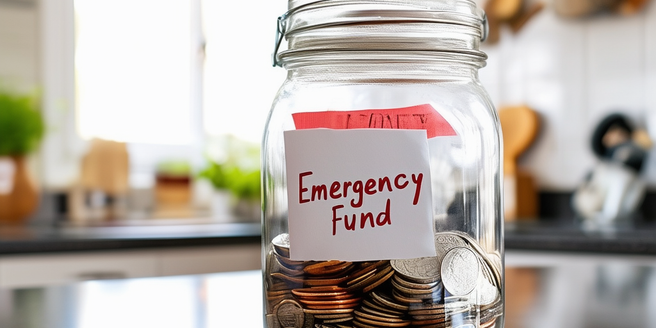Understanding Emergency Funds: Why They Matter
Emergency funds are essential financial safeguards that provide a safety net for unexpected expenses, such as medical bills or urgent repairs. Having such a fund can greatly alleviate the anxiety associated with financial uncertainties. Without an emergency fund, individuals may resort to high-interest loans or credit cards, which can exacerbate financial stress, especially for those with poor credit. Establishing an emergency fund contributes to financial stability and reduces reliance on debt, helping to prevent further credit damage. The goal is to save enough to cover three to six months of essential living expenses, gradually building it up over time.
Assessing Your Financial Situation with Poor Credit
When dealing with poor credit, it’s crucial to assess your financial situation accurately. Begin by reviewing your income, monthly expenses, and outstanding debts. Identify areas where you can cut back or save money, and prioritize essential expenses. Seeking advice from a financial advisor can also provide valuable insights. This disciplined approach can make a significant difference in your financial health. Understanding your financial obligations will help in creating a realistic budget and identifying how much you can allocate towards building an emergency fund. Even small contributions can add up over time, providing a buffer against future financial emergencies.
Finding Sources for Emergency Funds Despite Poor Credit
Poor credit can limit borrowing options, but there are still ways to find emergency funds. Consider reaching out to local credit unions, which may offer more flexible loan terms than traditional banks. Friends and family might also be willing to help in times of need. Additionally, some employers offer hardship loans or paycheck advances. Exploring community resources, such as nonprofit organizations that provide financial assistance, can also be helpful. It’s worth checking online platforms that connect borrowers with investors for potential funding. It’s important to research and understand the terms of any loan or support received to avoid worsening your credit situation.
Strategies to Build an Emergency Fund from Scratch
Building an emergency fund from scratch requires discipline and strategic planning. Start by setting a small, attainable savings goal. Automate your savings by setting up regular transfers to a dedicated emergency fund account. Consider finding additional income sources, such as freelance work or selling unused items. Cutting non-essential expenses and redirecting those funds to your emergency savings can accelerate growth. It’s crucial to stay committed to your financial goals during this period. Remember, every small step counts and brings you closer to achieving financial stability. Regularly reviewing and adjusting your budget helps ensure consistent contributions to your emergency fund.
Utilizing Community Resources for Financial Support
Community resources can be invaluable when you’re trying to build an emergency fund with limited means. Organizations like local charities, churches, and food banks offer various forms of assistance that can free up cash for savings. Some community programs provide financial counseling, helping individuals better manage their money and debt. In addition to these services, local events and workshops often provide valuable insights on budgeting and saving strategies. It’s crucial to take advantage of such opportunities to enhance your financial literacy. By leveraging these resources, you can reduce immediate financial pressures, allowing you to focus on steadily building your emergency fund.
Tips for Improving Credit While Managing Emergencies
Improving credit while handling financial emergencies is a challenging but achievable goal. Start by paying bills on time, as this has a significant impact on your credit score. Try to pay down existing debts, focusing on high-interest accounts first. Avoid taking on new debt whenever possible. It might be helpful to consult with a financial advisor to create a strategic approach to debt management. Regularly check your credit report for errors and dispute any inaccuracies. Building positive financial habits, such as budgeting and saving, not only helps in emergencies but also gradually improves your credit over time.


